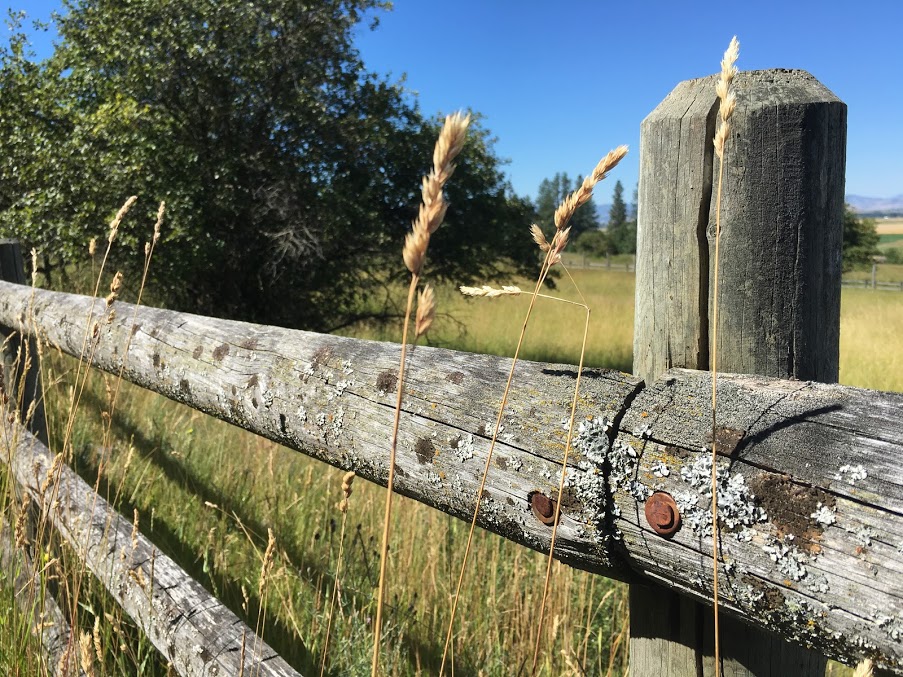Hi, Hello, Welcome.
My rambling for today will be on compost! One of my favorite things ever!
What the hell is compost? It’s beautiful, dark, moist, fragrant stuff that results from decaying organic matter, kind of like hummus, the decadent top layer of soils (not hummus, the delicious pulverized bean snack).
Why is compost so important? It’s nature’s way of recycling nutrients back into the earth. Compost comes in all shapes and forms. From manure (including humans, a fun term called ‘humanure’), decaying food waste and scraps, to decomposing weeds and plant matter. If you have a garden, you’ve likely used compost as a nutritional treat for your plants. Compost, like recycling, is absolutely essential for the planet’s health. Decomposition (death) is the coolest part of the nutrient life cycle. Watch this suh-weet video from Crash Course about Fungi! In the forest, fallen leaves decompose with the help of soil microbes, fungi, and bacteria, which munch the yummy leaves into the rich soil. Literally, everything alive turns into dead things which turn back into living things.
Organic matter breaks down and allows for other organic matter to take its place. Compost is a microbial paradise of decaying goodness for everything, from the soil to the nutrients in the food that grows from it.
Landfilling food and organic waste contributes heavily to excessive emissions of methane, a greenhouse gas 25 times more powerful than CO2. Decaying organic matter, mixed in with every other type of waste we produce as humans, does not make a productive breeding ground for the good fungi, bacteria, and microbes that would normally devour that organic waste. Food waste is rampant in the U.S., and accounts for nearly 22% of all discarded material in municipal (people’s) waste.
One of my main pet peeves is food waste, but not just the leftovers that I forgot to eat that were pushed to the back of my fridge. I cringe when I see berry tops, kale stems, and banana peels go straight into the plastic trash bag. Putting food waste (or other organic waste) into trash bags traps the gases released during decomposition, and creates more methane than it would have in a compost heap, for instance.
Why then, isn’t composting part of everyone’s waste management system? Because it makes too much sense, and most people aren’t exactly in love with the idea of sorting their trash. There also comes some minor organizational details required of waste management facilities, but it is a relatively easy practice. It may soon become a requirement for you to sort your trash!
Composting doesn’t have to be painful, complicated, smelly (well, maybe just a little bit), or incredibly time-consuming. There are LOTS of different ways to go about composting your food scraps and organic waste. You can:
- Start a compost pile in your backyard! Not sure how? Look at this website I just Googled for you!
- Keep your food scraps in a bucket in a cool place in your house, or in a small bucket in the freezer (like me!) and take it to a local community garden and dump on their compost pile (I asked permission first).
- Start a vermicomposting bin (like me!) with red wiggler worms, two plastic tubs, and newspaper.
- Ask a neighbor, family member, or friend if you can dump your scraps on their pile
There are lots of ways to get yourself composting. Just have to do a little diggin’!
Compost is COOLIO and if you’re interested in learning more, or want to make your own worm bin, use that noggin’ of yours and get to Googlin’ about it. The internet is a wonderful place, for at least a little while longer (R.I.P. Net Neutrality).
Anywayyyy, here is my composting setup!

I feed my worms about 1 cup of food scraps per week right now (I just emptied the bin, and I’m giving them some time to recoop. They eat a lot of newspaper (printed with soy ink) and produce a lovely dark compost medium known as “worm castings,” (AKA worm poop!) No, it doesn’t stink. No, it isn’t high-maintenance. Yes, I love my worms like my own children.

You don’t have to add pizzaz to your worm bin, but I’m pretty sure a little customization makes your worms much happier in their home.

Since we eat a lot of vegetables and fruit, our compost bucket in the freezer has looked like this basically non-stop all summer. Note the pineapple top, too large and in charge for our measly bucket. When it’s time to take it to the local community garden, we let it thaw for awhile so that it comes out in one nice… plop.
In the colder months, we keep food scraps in a plastic bucket outside. Keeping a bucket outside during the summer months is bad news for attracting flies and *gag* maggots to the compost bucket. Freezing it has been much better on our gag reflex. 10/10 recommend.
Food waste in plastic bags = Bad. Compost = Good. Compost + Learning how to cook and use food scraps better = BEST.
I love composting, and I’ll never stop. It may feel like another chore sometimes, but I feel much better about it than tossing food into the trash can. There’s something I romanticize about taking my bucket of food scraps to the organic community garden, where I get to peer at everyone’s garden beds and listen to the birds in the trees and really inhale that stinky, steamy, heap of love smoldering in the corner in the garden.
Love (and compost),
Ollie
